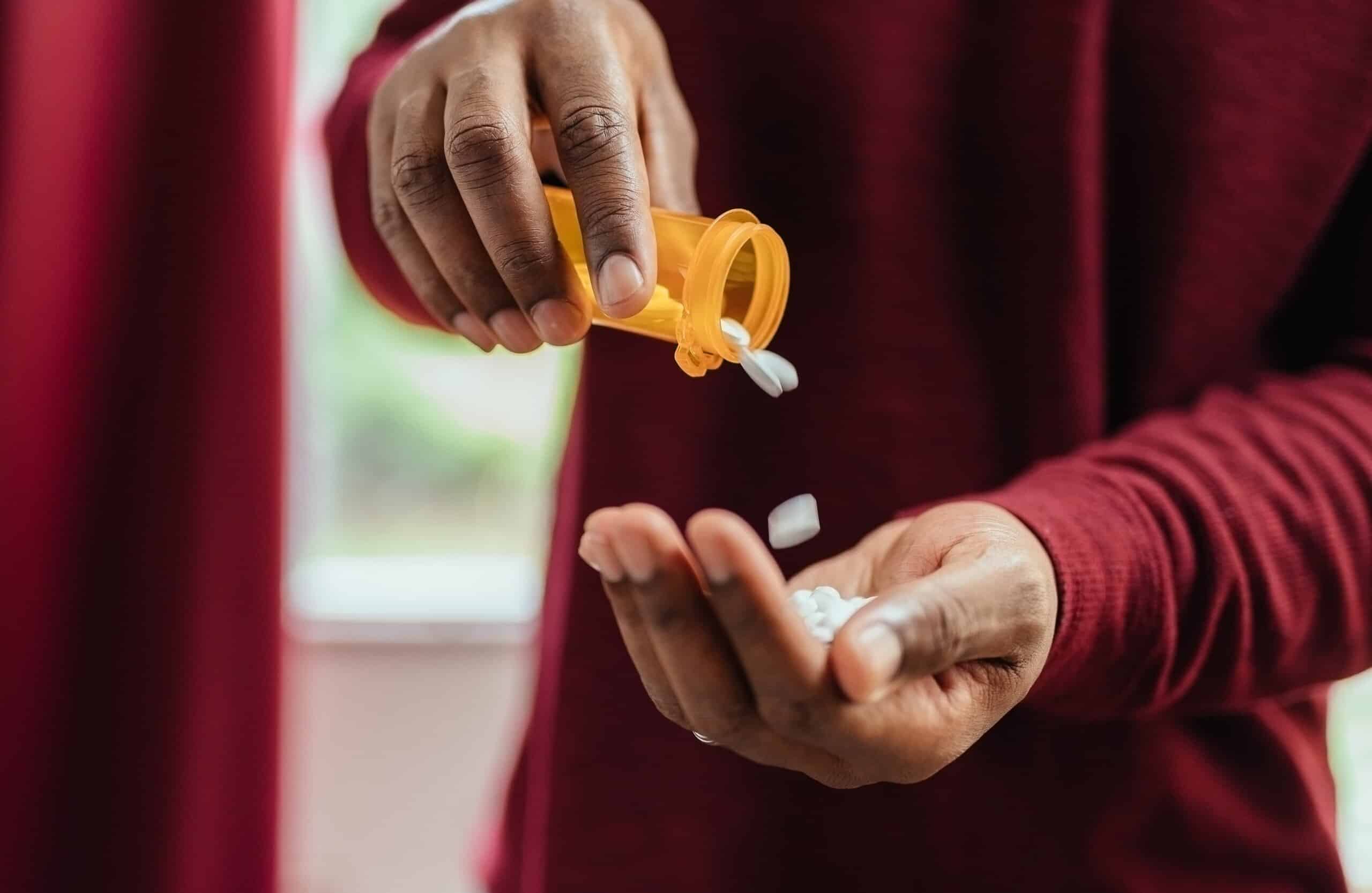Ativan, a common name for lorazepam, is a widely-used prescription drug. When used as directed, Ativan can be beneficial for many patients. However, misuse can lead to Ativan addiction, with far-reaching consequences for individuals and communities. According to the National Institute on Drug Abuse 43% of users in 2018 reporting misusing benzos to relax. It’s important to know that help for benzodiazepine is available and recovery is possible.
If you or a loved one are looking for Benzo addiction treatment , call us now at (470) 460-6789 or fill out the form below and one of our admissions representatives will reach out to you.
What Is Ativan?
Ativan, part of the benzodiazepine family, is a prescription medication used to treat a range of conditions including anxiety disorders, insomnia, and seizures. It works by enhancing the effect of gamma-aminobutyric acid (GABA) in the brain to slow down neural activity, promoting feelings of calm and relaxation. While highly effective when used properly, misuse can lead to a range of adverse effects, including addiction.
Is Ativan Addictive?
Yes, Ativan has a high potential for addiction. In the U.S., benzodiazepines, including Ativan, are among the most commonly misused prescription drugs. A 2020 study revealed that benzodiazepines were involved in 17% of all overdose deaths, highlighting their addictive potential.
Signs and Symptoms of Ativan Addiction
Recognizing Ativan addiction early can be critical in preventing its severe consequences. Key signs of addiction include:
- Increased tolerance requiring higher doses to achieve the same effect.
- Intense cravings for Ativan.
- Withdrawal symptoms upon cessation or reduction of use.
- Difficulty fulfilling responsibilities due to Ativan use.
- Continued use despite adverse effects.
Physical symptoms may include drowsiness, confusion, lack of coordination, and memory issues. Social and psychological symptoms may involve mood swings, social withdrawal, and a decrease in recreational or work activities.
Causes of Ativan Addiction
Several factors can influence the likelihood of an individual developing an Ativan addiction. These factors can often be correlated, creating a higher susceptibility. Below are some key contributors:
1. Dosage and Duration of Use: One of the biggest factors influencing Ativan addiction is the dose and duration of use. Higher doses and prolonged use increase the risk of addiction. The body builds a tolerance to Ativan over time, requiring higher doses to achieve the same effect, which can lead to a cycle of increased use and dependence.
2. Genetic Factors: Genetics can significantly influence an individual’s susceptibility to addiction. Some people may have a genetic predisposition that increases their likelihood of developing an addiction when exposed to substances like Ativan.
3. Mental Health Status: Individuals with mental health conditions, particularly anxiety disorders and depression, are at a higher risk of developing an Ativan addiction. Ativan is often prescribed to treat these conditions, and individuals may misuse it in an attempt to self-medicate or cope with their symptoms.
4. Environmental Factors: Environmental influences, such as stress, trauma, or the presence of other substance use, can also increase the risk of addiction. Additionally, social environment plays a role; people who are around others who misuse substances are more likely to do so themselves.
5. Dual Diagnosis Disorders: Individuals who misuse other substances, such as alcohol or other drugs, are at a higher risk of developing an Ativan addiction.
6. Past Substance Misuse or Addiction: People who have a history of substance misuse or addiction are more susceptible to developing an Ativan addiction. This history indicates a predisposition to addiction that can manifest again with Ativan use.
It’s important to note that these factors do not guarantee that someone will develop an addiction, nor does their absence assure that someone won’t. Rather, they are risk factors that increase the likelihood of addiction development. Recognizing these factors can help in the early identification and treatment of potential Ativan addiction.
How Long Does It Take To Become Addicted to Ativan?
The timeline for developing an Ativan addiction varies widely, influenced by individual factors such as genetics and the frequency and dosage of use. Some people may become dependent within weeks of regular use, while others may take months or even years. However, even short-term use can lead to dependence and should be monitored carefully.
Ativan Withdrawal & Symptoms
When Ativan is used regularly over a prolonged period, the brain becomes accustomed to the presence of the drug and adjusts its natural balance of neurotransmitters accordingly. This means the brain starts to produce less GABA on its own and relies on Ativan to maintain the necessary levels. This process is known as developing tolerance to the drug.
When a person who has developed this tolerance and dependence suddenly stops taking Ativan, or significantly reduces the dose, the brain doesn’t have enough time to adjust back to its natural state. This sudden shortage of GABA can lead to a state of overactivity in the brain, causing the physical and psychological symptoms of withdrawal.
The severity of withdrawal symptoms can vary depending on several factors, including the length of time a person has been using Ativan, the dose they were taking, their overall health, and whether they’re also withdrawing from other substances. Due to the potential for severe withdrawal symptoms, it’s strongly recommended that anyone wishing to stop taking Ativan do so at a drug detox in Atlanta under the care of medical staff.
The timeline and severity of withdrawal symptoms can vary based on factors such as the length of time a person has been using the drug, the dosage they have been taking, their overall health status, and whether they are also withdrawing from other substances.
Early Withdrawal Symptoms
Early withdrawal symptoms often begin within 6 to 8 hours for regular Ativan users, but might not start until 24-48 hours after the last dose. Early symptoms include:
- Anxiety
- Restlessness
- Agitation
- Insomnia
- Increased heart rate
Acute Withdrawal Symptoms
Acute withdrawal symptoms typically peak around the second week after discontinuing the drug. They may include:
- Severe anxiety and panic attacks
- Insomnia and nightmares
- Sweating
- Hand tremors
- Rapid heart rate or palpitations
- High blood pressure
- Nausea and vomiting
- Hallucinations
- Seizures (in severe cases)
Protracted Withdrawal Symptoms
In some cases, individuals may experience prolonged withdrawal symptoms, known as protracted withdrawal or post-acute withdrawal syndrome (PAWS). These symptoms can persist for weeks, months, or even years after the last dose and may include:
- Chronic insomnia
- Persistent anxiety
- Depression
- Cognitive difficulties
Treatment for Ativan Addiction
Treatment for Ativan addiction typically involves medically supervised detoxification followed by behavioral therapies. The detox phase manages withdrawal symptoms. Once detox is ofter, therapies help individuals cope with cravings and avoid relapse. In severe cases, a residential treatment program may be necessary. Once residential treatment has been completed, most individual continue multiple types of outpatient programs that can include:
Partial Hospitalization Program (PHP): PHP is a day treatment program that allows individuals the opportunity to attend treatment while living from home or a structured sober living home.
Intensive Outpatient Program (IOP): Intensive Outpatient or IOP, is a minimum of nine hours per week and
Virtual IOP: Virtual IOP allows individuals partake in treatment from the comfort of their own home while still providing accountability and structure.
90 Day Program: The National Institute on Drug Abuse (NIDA) reports that most people need at least three months, or 90 days, of treatment in order to have the best outcome. A 90-day rehab program is an effective way to provide long-term outcomes through step-down levels of care.
The Substance Abuse and Mental Health Services Administration (SAMHSA) reported that in 2019, about 136,000 people received treatment for benzodiazepine addiction, underscoring the effectiveness of treatment in overcoming addiction.
Find Drug Rehab in Atlanta
If you or a loved one is struggling with Ativan addiction, know that help is available. Our rehab in Georgia offers a wide range of rehabilitation centers equipped to handle benzodiazepine addiction. With a combination of medical detox, individual therapy, group counseling, and aftercare planning, our facility aims to help individuals reclaim their lives from addiction.
Don’t wait for addiction to take its toll. Call or visit an Atlanta rehab center today and take the first step towards recovery. Remember, it’s never too late to seek help. You don’t have to fight addiction alone – professional help is just a phone call away. Learn more about our admissions process.











